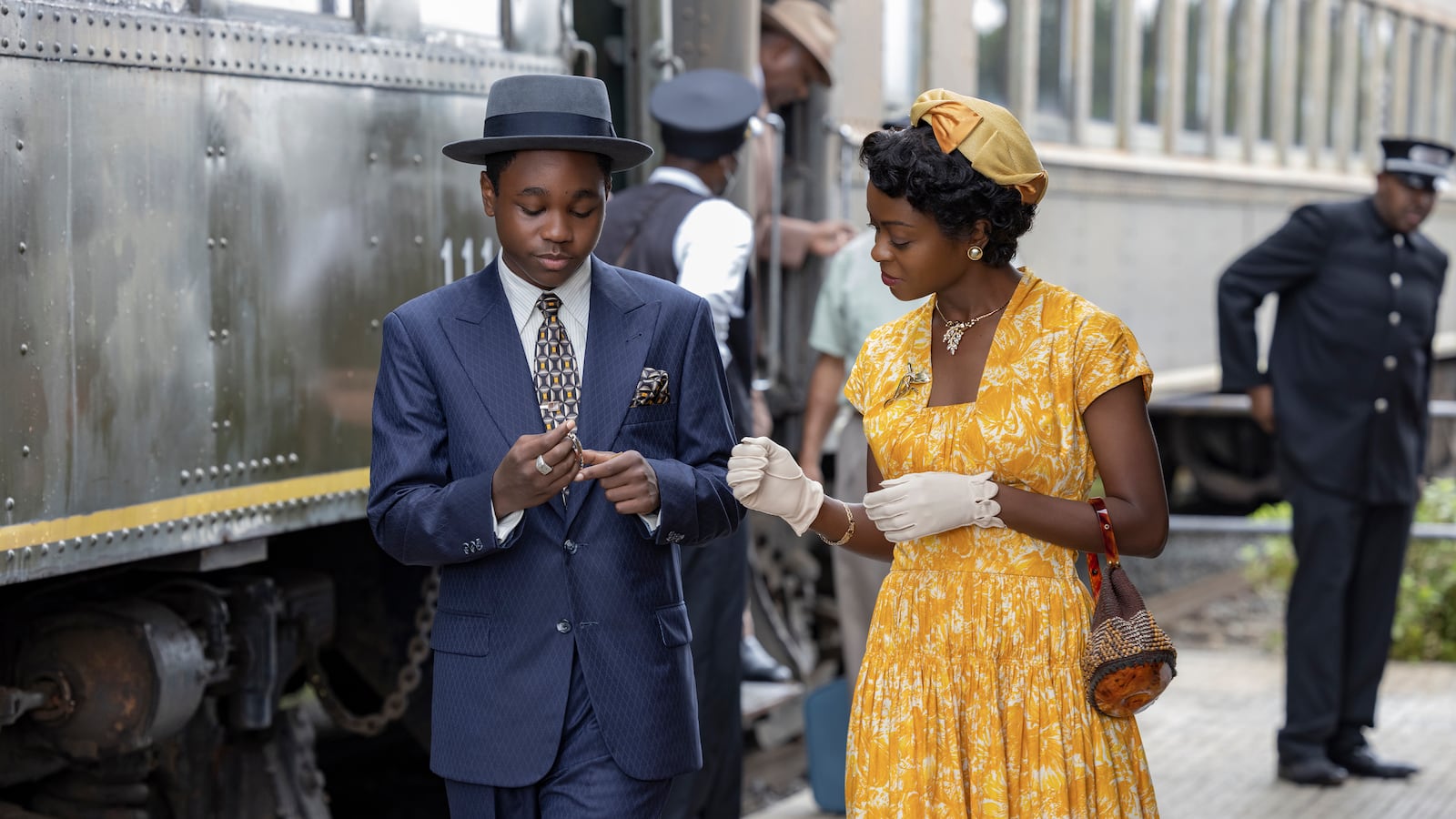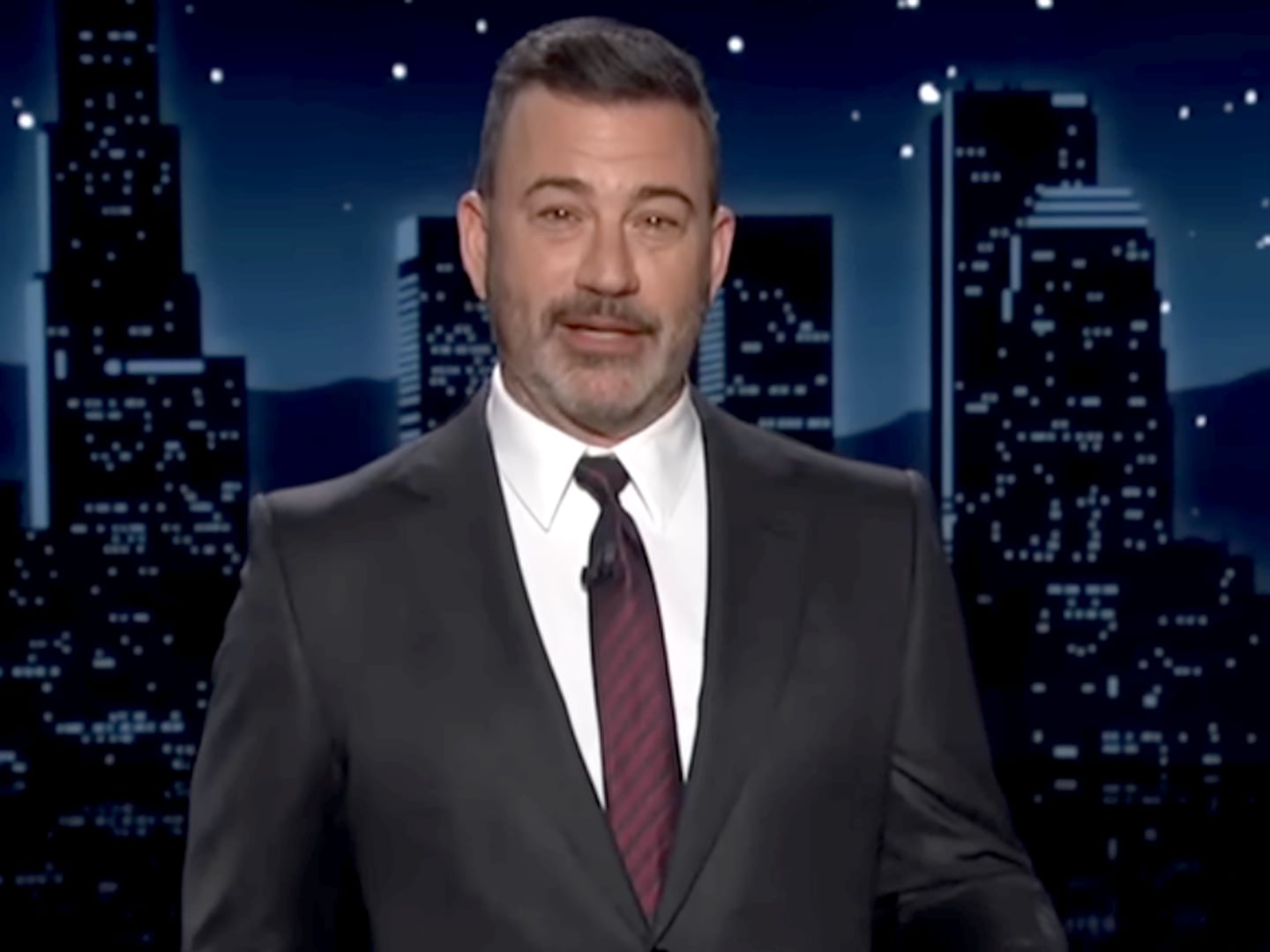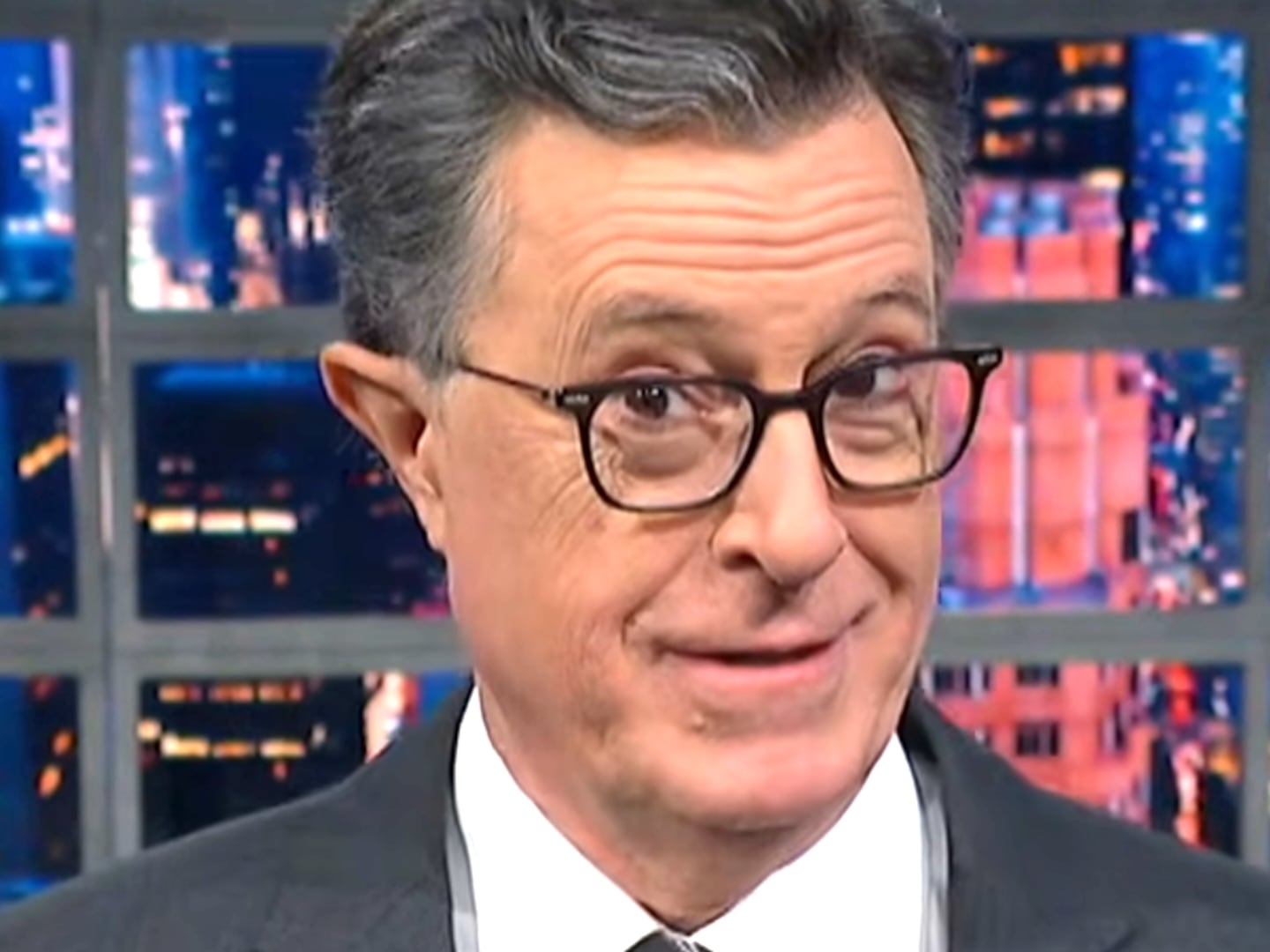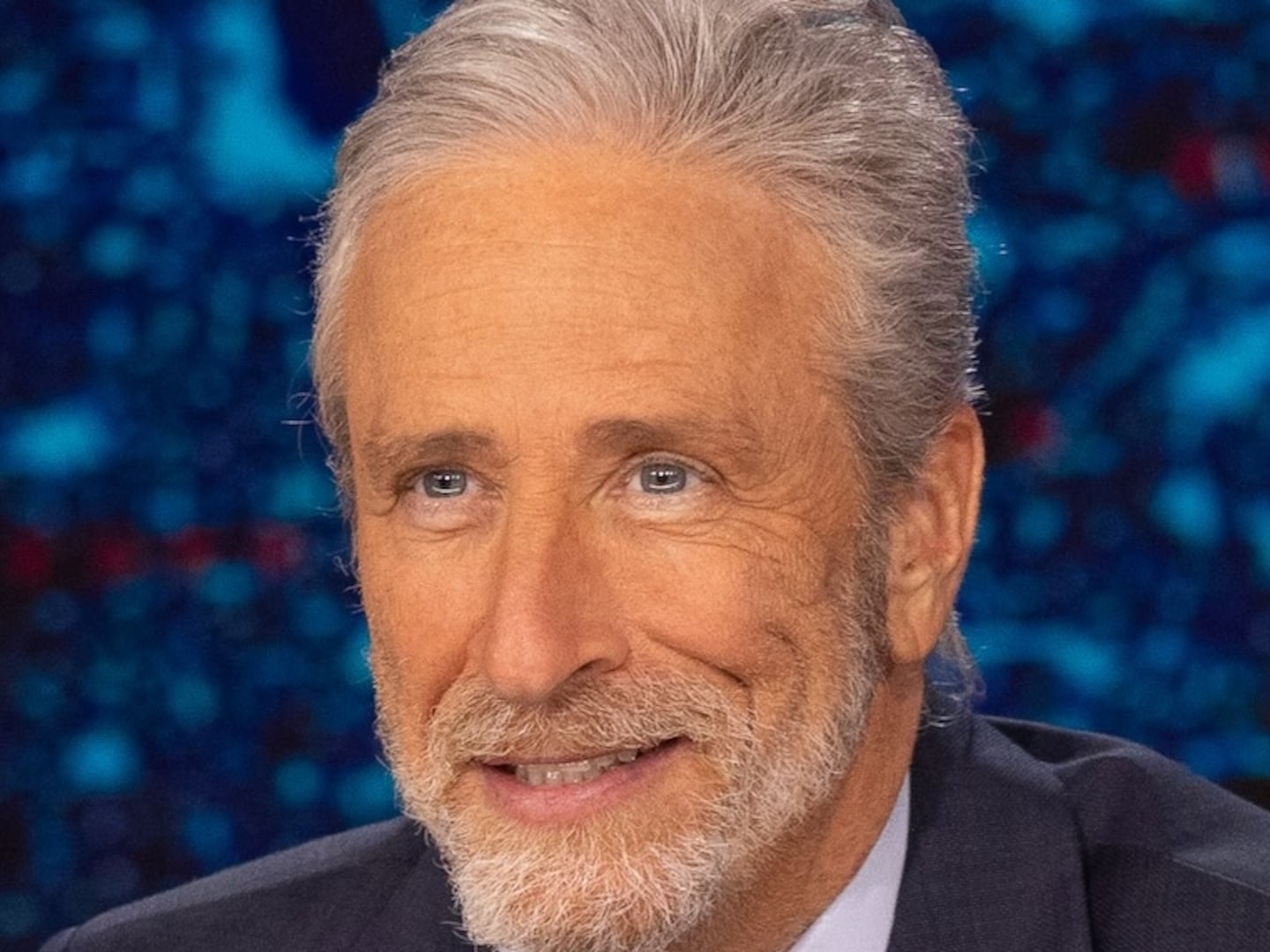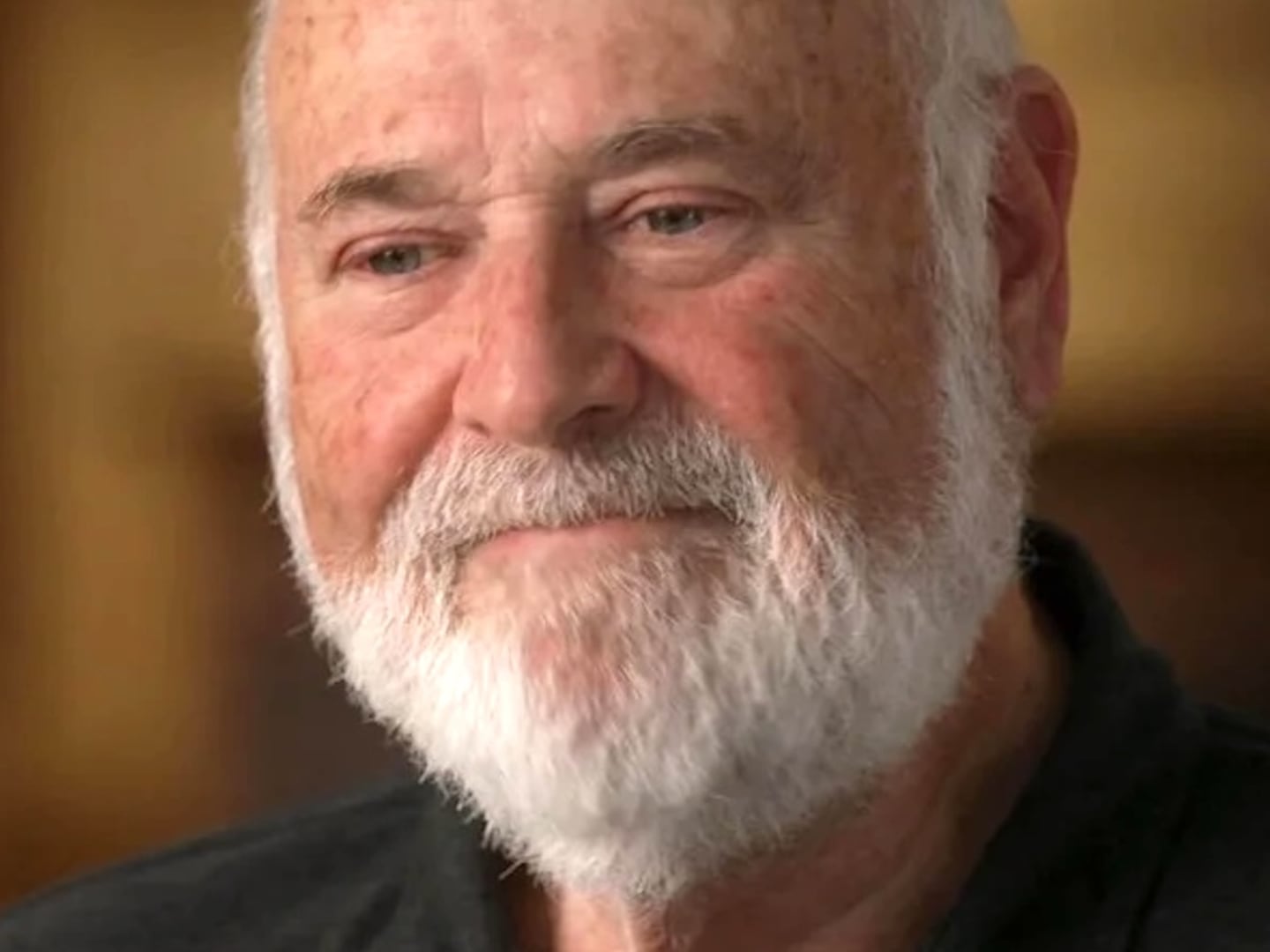Few non-activist figures from the civil rights era have latched onto the American consciousness like Emmett Till. In 1955, the 14-year-old Chicagoan was brutally killed by two white men while visiting Mississippi; he had been accused of whistling at one of their wives, Carolyn Bryant, at a grocery store.
The U.S. Congress passing the Emmett Till Anti-Lynching Act in March, 67 years after his death. And Hollywood has taken on the task of honoring Emmett’s (and his mother Mamie Till-Mabley’s) memory as well, with two separate projects this year. First was an ABC scripted miniseries titled Women of the Movement that premiered in January, and now there’s the movie Till, debuting at New York Film Festival and in theaters nationwide on October 21.
Like the television adaptation, Till attempts to center the perspective of Mamie Till-Mobley, Emmett’s single mother. It was her decision to hold an open-casket funeral for her son so that the press could capture his mangled body, which became one of the news stories to propel the Civil Rights Movement. Emmett’s death also prompted the previously politically apathetic Mamie to join the movement as an educator and activist. She soon embarked upon a nationwide speaking tour about the 1955 tragedy, advocating for education. Before her death in 2003, she penned a memoir about her experience called Death of Innocence: The Story of the Hate Crime That Changed America.
“Showing Mamie in all her complex humanity was of utmost importance” when making Till, director Chinonye Chukwu claimed in a statement released with the film’s trailer in July. “The crux of this story is not about the traumatic, physical violence inflicted upon Emmett—which is why I refused to depict such brutality in the film—but it is about Mamie’s remarkable journey in the aftermath,” Chukwu explained. “She is grounded by the love for her child, for at its core, Till is a love story.”
Such a caveat is required for a project that social media users are already apprehensive about, even outraged by. At a time when Hollywood is obsessed with portraying the horrors of Black life, often with little nuance or consideration for Black audiences, Till’s story seems ripe for salacious, graphic depiction. At the very least, it’s well-suited for a reductive history lesson aimed at uninformed white people.

But Till does a decent job avoiding these traps. It is, indeed, a story about a mother’s love: It focuses heavily on Mamie’s grieving process after Emmett’s death and her resilience as she testified at his trial in Mississippi, which ended in his assailants’ acquittal. Emmett’s tragic final days are portrayed too, as they must be. But the film is so careful not to make a spectacle out of the teenager’s murder—which is not shown, just briefly heard from outside a barn—that the scenes leading up to it feel emotionally muted and almost like an errand. The moment when Mamie’s informed about Emmett’s lynching is literally silent.
Following Emmett’s death, however, Till settles into a more intimate story about family and community. At the fore are moving performances from Danielle Deadwyler as Mamie, Frankie Fiason as her father John Carthan, and John Douglas Thompson as her uncle Moses Wright. Mamie’s journey leading up to the trial is structured by conversations between her and her family members—including Whoopi Goldberg as her mother, Alma Carthan—her partner Gene Mobley (Sean Patrick Thomas), and civil rights leaders such as Medgar Evers (Tosin Cole), his wife Myrlie Evers (Jamye Lawson), and T.R.M Howard (Robert Guenveur Smith), who assisted in Emmett’s trial. One of the most potent scenes is a brief talk at a dining room table between Mamie and Myrlie, who bond over the unpredictability of raising a child.
It’s easy to imagine a more conventional biopic zooming out of these heartfelt interactions and capturing the frenzy surrounding Emmett’s trial. An Aaron Sorkin- or Steven Speilberg-directed version of this story would inevitably feature activists passionately debating organizing strategies, while journalists scramble to relay the events of the trial over a rotary telephone. Of course, there’d be a dramatic appearance by Martin Luther King.
Chukwu, however, finds the compelling aspects in private, one-on-one moments. She even downplays what should be the most theatrical part of the film, the trial, to a degree, with the exception of Mamie’s moving testimony. The cruelty of the judge, defense attorneys, and even the prosecuting sheriff, who in another film would be a heroic ally, feel mundane.

Still, the question remains as to whether this story necessitates the glossy motion-picture treatment. Despite Chukwu’s thoughtful direction, interesting camera techniques, and the film’s Oscar-worthy performances, it’s hard to find any real entertainment value in re-enacting this story. Till also isn’t really educational for anyone mildly informed about this historical moment and particularly Mamie’s role in it. Despite the film patting itself on the back for treating her as a main character (it would frankly be strange if she weren’t), the Chicago educator has never not been an integral part of Emmett’s story in popular media.
Moreover, the script doesn’t do much to subvert or deepen our understanding of Mamie beyond the image of her as a heartbroken mother. It’s hard to imagine Hollywood making a film about Mamie that doesn’t center around the lynching of her son. But a more intriguing screenplay would dig into her past before Emmett’s birth, how she developed an apathy towards the plight of Black Southerners after moving to the Midwest, her work as a teacher, her activism following his death, and her subsequent falling-out with the NAACP. These parts of her life are only alluded to, ultimately leaving viewers with a deeply familiar portrait.
Overall, Chukwu does the best she can with some rather bleak material—something she’s no stranger to, as her last feature was 2019’s Clemency, about a Black man on death row. However, I’m not sure that even the most ideal adaptation of Emmett and Mamie Till’s lives would be enjoyable to watch, as opposed to reading a book or watching a documentary about them. That being said, I look forward to when the 37-year-old filmmaker can get her hands on a work of fiction again, or even a less creatively restrictive true story.
Editor’s Note: This story has been updated to reflect that Whoopi Goldberg says she was not wearing a fat suit.

